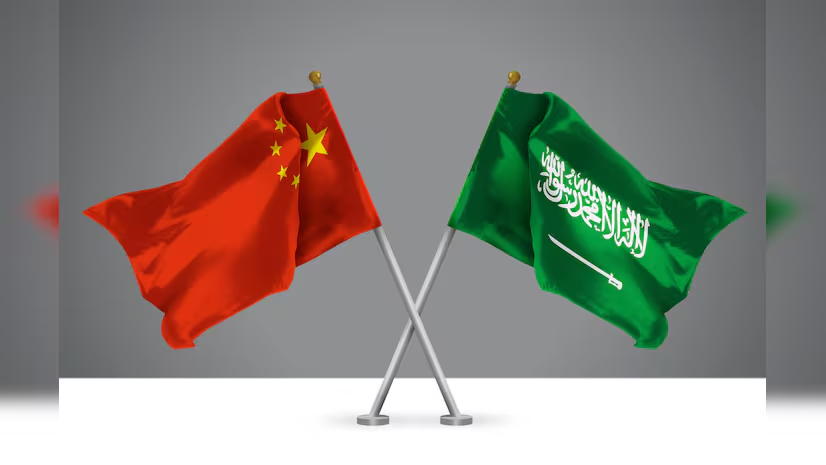|
Getting your Trinity Audio player ready...
|
The Saudi stock market is seeing a landmark addition with the launch of the Albilad CSOP MSCI Hong Kong China Equity ETF, marking the first ETF for Middle Eastern investors to gain exposure to major Chinese companies. Tracking the MSCI HK China Connect Select Index, this ETF raised an impressive US$1.3 billion, a figure highlighting the rising demand for access to China’s economic growth. Managed by CSOP Asset Management in partnership with Albilad Capital, the fund opens new doors for investors in the region, tapping into an economy many view as pivotal for long-term growth.
Strong Demand For Albilad ETF
The Albilad ETF, priced at 10 Saudi riyals (about US$2.66), includes thirty of Hong Kong’s largest listed companies, each selected to adhere to Islamic investment principles. According to Ding Chen, CEO of CSOP Asset Management, the enthusiasm shown during the fund’s roadshow illustrated that Middle Eastern investors see China’s growth as nothing short of a “miracle.” With this ETF, they’re provided with a unique opportunity to capitalize on China’s market through Sharia-compliant channels, giving investors confidence that their investments align with their values.
The ETF’s creation has also helped strengthen ties between Saudi Arabia and Hong Kong by facilitating cross-regional capital flows. While a broad selection of top companies is included, certain prominent firms like HSBC and Alibaba are excluded due to their non-compliance with Sharia law, reflecting the fund’s commitment to ethical and religious standards.
Market Momentum and Hong Kong’s Recent Rally
Interest in the Albilad ETF is further fueled by Hong Kong’s recent market performance. Last month, the Hang Seng Index saw an 18% surge, following a key interest rate cut by the U.S. Federal Reserve. This rally has reinvigorated the Hong Kong stock market, attracting both domestic and international investors and driving trading volumes to new highs. According to Ding, this momentum is a promising sign that investor confidence in Hong Kong’s economy is on the rise again.
For Saudi investors, the timing couldn’t be better. This ETF not only provides access to one of the world’s largest and most dynamic economies but also aligns with Saudi Arabia’s Vision 2030 Initiative, a national plan aimed at economic diversification and development. The ETF’s Sharia-compliant structure offers Saudi investors a unique chance to diversify their portfolios in ways previously unavailable on Tadawul, the Saudi stock exchange.
Bridging Two Economies – A New Era for Middle Eastern Investment
The Albilad ETF represents a significant milestone for retail investors in Saudi Arabia, allowing them to diversify their portfolios while tapping into China’s growth potential. Middle Eastern investors are increasingly looking eastward, seeing China as a stable, long-term investment opportunity compared to more volatile Western markets.
Moreover, this ETF is not just about financial returns—it’s a strategic tool for deepening economic ties between Saudi Arabia and China. As China continues its impressive economic ascent, Saudi investors are well-positioned to benefit from Hong Kong’s equity markets and the broader Chinese economy. The ETF’s success may even pave the way for similar financial products, further enriching the investment landscape in the Middle East.
With an appetite for Chinese investments showing no sign of slowing, the Albilad ETF is poised to become a key player in the region’s financial sector, symbolizing a new era of opportunity and collaboration between the Middle East and China. As Saudi Arabia advances its Vision 2030 goals, the success of this ETF could well inspire additional cross-regional investments, positioning the kingdom as a central hub in the global investment landscape.
Disclaimer: The information in this article is for general purposes only and does not constitute financial advice. The author’s views are personal and may not reflect the views of Chain Affairs. Before making any investment decisions, you should always conduct your own research. Chain Affairs is not responsible for any financial losses.




